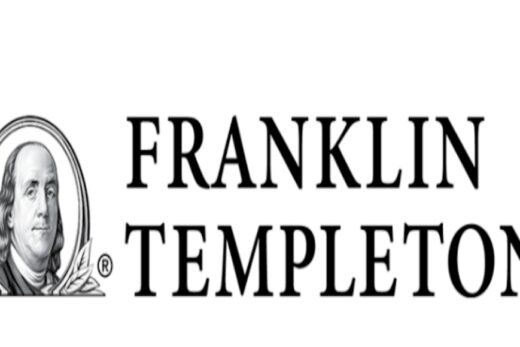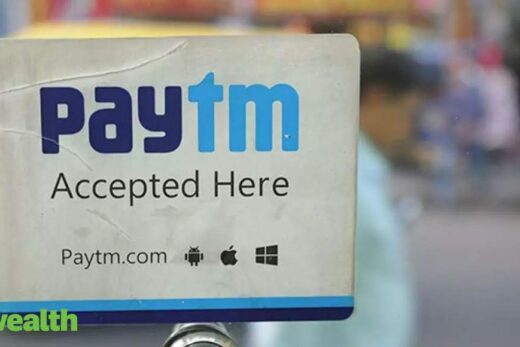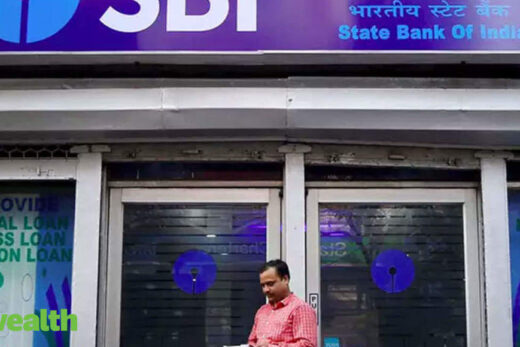SBI Balanced Advantage Fund would invest across equity and fixed income basis several parameters, such as valuations, earnings drivers, sentiment indicator. The minimum application amount (during the NFO period) required is of Rs 5,000 and in multiples of Re 1 thereafter. The fund managers for SBI Balanced Advantage Fund would be Dinesh Balachandran and Gaurav Mehta for Equity portion, Dinesh Ahuja for Debt portion and Mohit Jain for managing overseas investments.
“We are happy to launch SBI Balanced Advantage Fund at a very opportune time, when equity markets are primarily getting driven by ample global liquidity. Our new fund offering would follow a 3-tier investment strategy to evaluate the optimal asset allocation across equity and debt based on robust economic and market indicators. SBI Balanced Advantage Fund would help investors to fulfil their asset allocation needs and I am confident that the fund would be a very suitable investment option for investors, particularly those who are risk-averse but at the same time are looking for long term wealth creation and want to cushion their investments from volatile market situations,” says Vinay M. Tonse, MD & CEO, SBI Mutual Fund.
The scheme would invest between 0 percent and upto to a maximum of 100 per cent investment in equity and equity related instruments. It will also invest minimum 0 per cent and upto a maximum of 100 percent investment in debt securities (including securitized debt) and money market instruments (including Triparty Repo, Reverse Repo and equivalent) and 0 percent to 10 percent in units issued by REITs and InvITs (in line with SEBI limits prescribed from time to time). The scheme may invest in securitized debt upto 50% of the debt portfolio.
Exposure to equity derivatives (including writing covered call options in line with SEBI guidelines) may be upto 50% of the net assets. The scheme may also invest upto 20% of the net assets in debt derivatives. The cumulative gross exposure through equity, debt, derivative positions (including fixed income derivatives), repo transactions in corporate debt securities, REITs, Infrastructure Investment Trusts (InvITs) other permitted securities/assets and such other securities/assets as may be permitted by SEBI from time to time should not exceed 100% of the net assets of the scheme.



